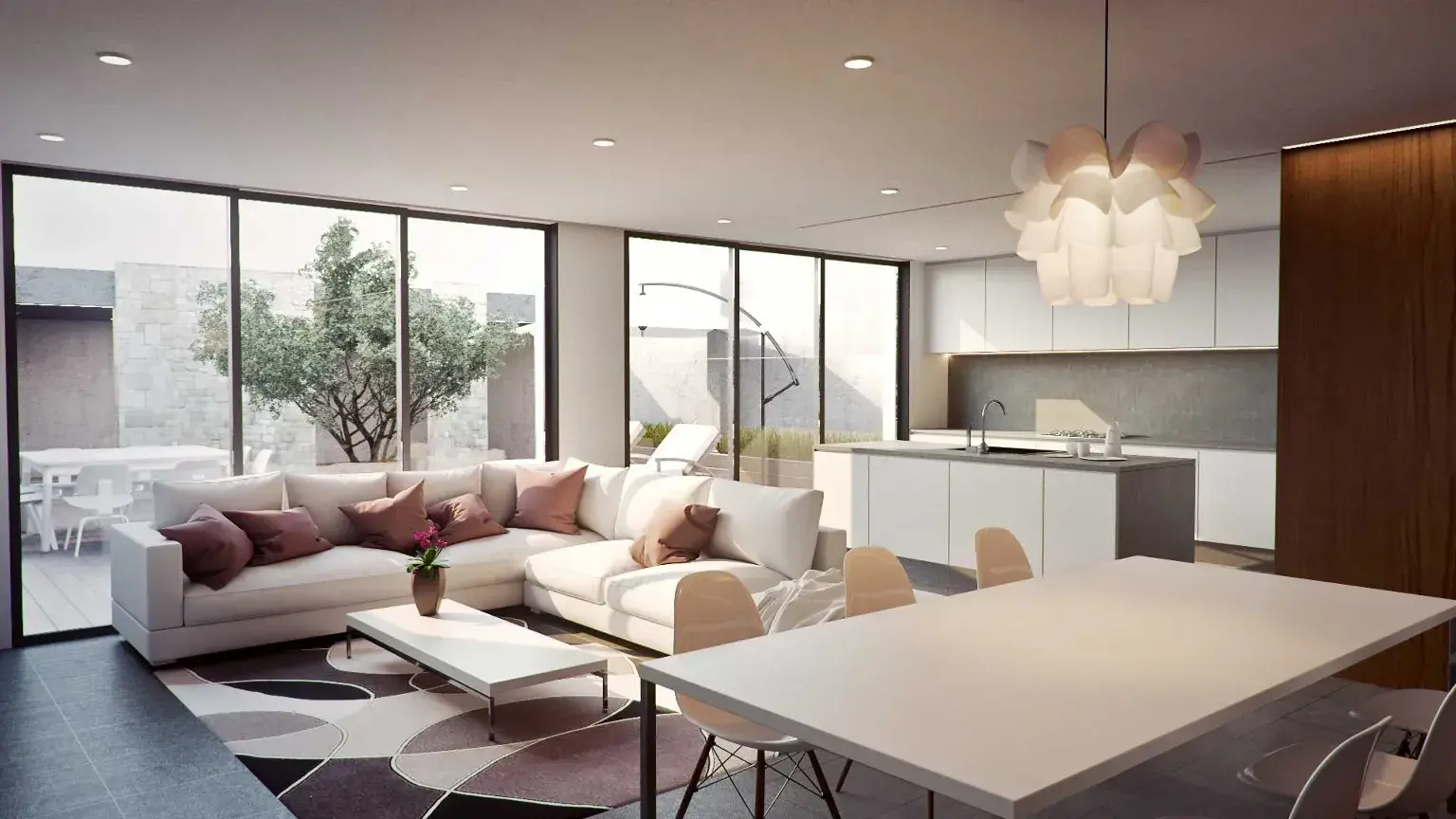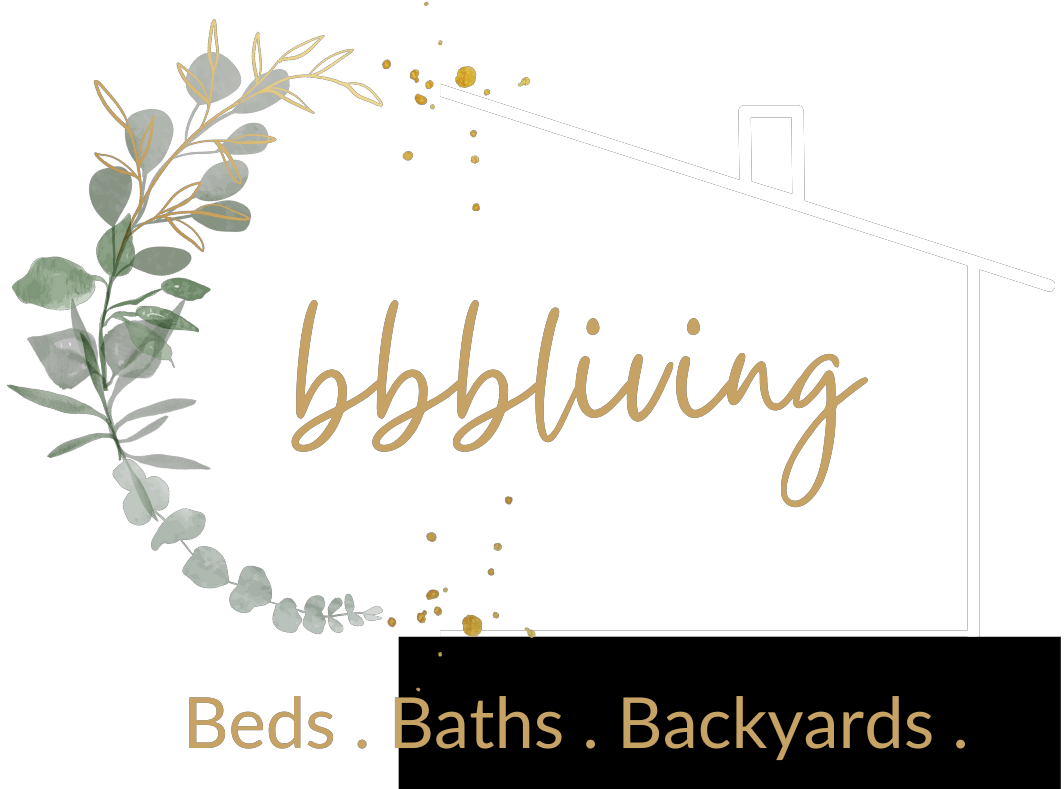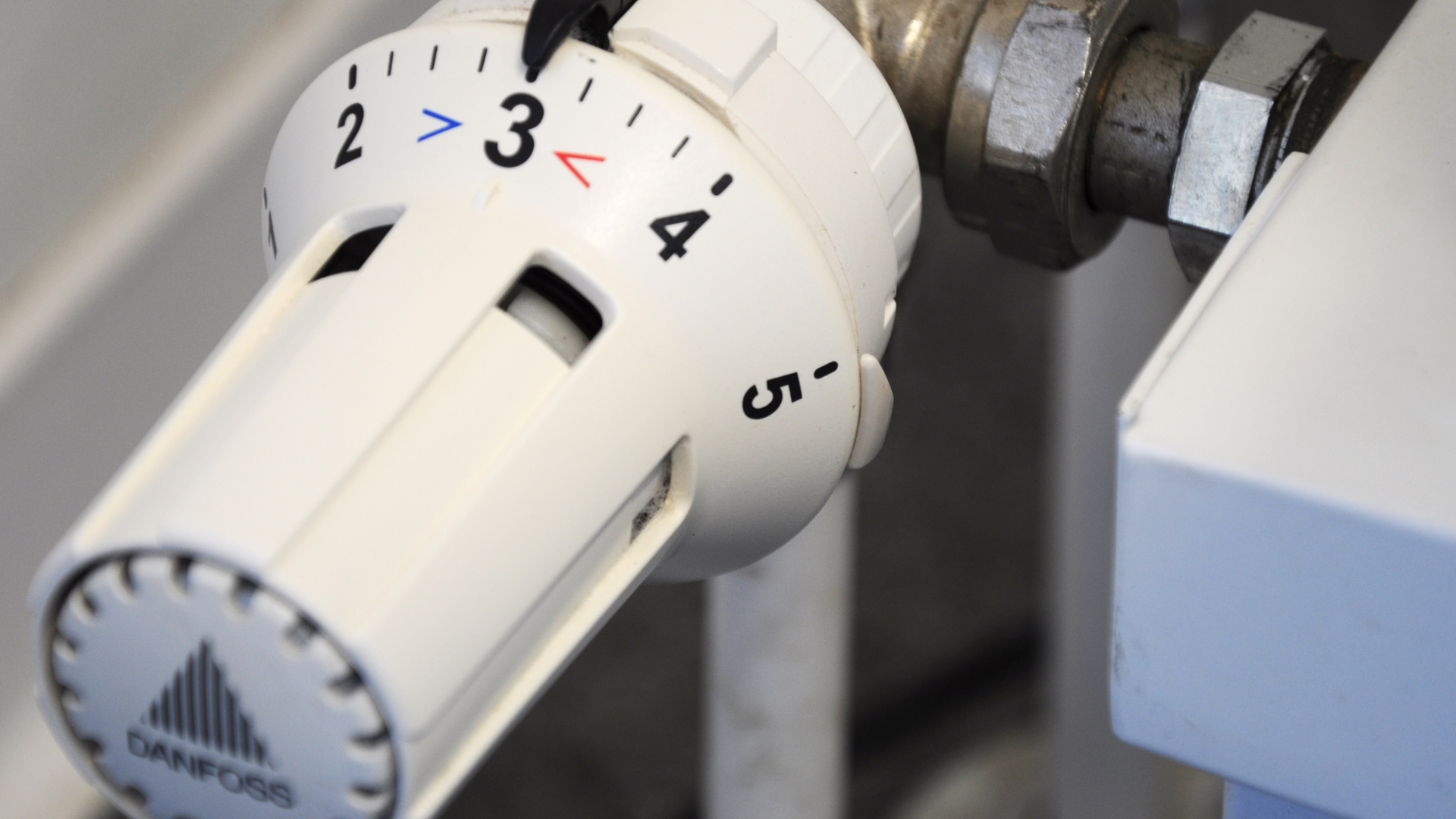When it comes to finding the right heating and cooling system for your home, things can feel a bit overwhelming. With so many options on the market, making the right choice can seem complicated. After all, this is one of the most crucial decisions for your comfort and energy bills. But don’t worry, we’re here to walk you through it step by step.
Start by Assessing Your Home’s Needs
The first thing you’ll need to do is take a good look at your home and consider what’s required. Every home is different, and the ideal system for one might not be suitable for another. Think about the following questions:
- How large is your home?
- Does your home have good insulation?
- Are there specific areas that tend to get hotter or colder than others?
- What’s your local climate like?
These questions are important because they help you understand the unique requirements of your space. For example, if you live in a region with extreme winters, you’ll need a more robust heating system. In contrast, homes in warmer climates may benefit from a cooling system that works more efficiently in hot weather.
Energy Efficiency – Look for Long-Term Savings
Energy efficiency should be at the top of your checklist when choosing a heating and cooling system. Why? Because a more efficient system not only helps reduce your carbon footprint, but it also saves you money on your energy bills. No one wants to pay more than necessary, especially with rising energy costs.
Modern systems come with efficiency ratings that can guide you. For heating systems, look for the Annual Fuel Utilisation Efficiency (AFUE) rating. The higher the rating, the more efficient the system. For cooling systems, check the Seasonal Energy Efficiency Ratio (SEER). Again, a higher SEER rating means greater efficiency.
While energy-efficient models may have a higher upfront cost, they pay for themselves over time by using less energy and lowering your monthly bills.
Types of Heating and Cooling Systems to Consider
When selecting a system, it’s essential to know your options. There are several types of heating and cooling systems available, each with its advantages. Here are five common types you’ll come across:
- Central Heating and Cooling Systems These systems circulate air through ducts, making them a great choice for evenly distributing warm or cool air throughout your home. They tend to work well for larger homes but require good ductwork to function efficiently.
- Heat Pumps A versatile option, heat pumps can both heat and cool your home. They work by transferring heat rather than generating it, which makes them energy-efficient. However, they may not be ideal for areas with very cold winters.
- Ductless Mini-Split Systems These systems are perfect for homes that don’t have existing ductwork or for targeted heating and cooling. Mini-splits allow you to control the temperature in individual rooms, making them an excellent choice for homes with specific heating or cooling zones.
- Radiant Heating Systems Radiant heating works by warming up floors, walls, or ceilings directly. This type of heating is very efficient and provides consistent warmth. However, it does not offer cooling, so it may need to be paired with an additional cooling system in hotter climates.
- Window Units or Portable Systems These are more affordable, temporary solutions for cooling a home. While not as energy-efficient as permanent systems, they can work well for smaller spaces or if you’re on a tight budget.
Considering Your Budget
No one likes to think about costs, but it’s important to set a realistic budget before making a decision. Heating and cooling systems come in a wide range of prices, depending on the type of system, the brand, and the features included.
While it can be tempting to go for the cheapest option, remember that you often get what you pay for. A higher-quality system may have a larger upfront cost, but it’s likely to save you money in the long run with fewer repairs, lower maintenance costs, and better energy efficiency.
If you’re not sure where to start, it’s always a good idea to get quotes from a few different providers. This will give you a sense of the average costs in your area and help you avoid overpaying.
Professional Assessment is Key
Now, here’s something you absolutely shouldn’t skip: hiring a professional to assess your home before making any final decisions. Why? Because heating and cooling systems are not one-size-fits-all. A professional from Product Air Heating and Cooling can take into account all the unique factors of your home, from the size and layout to the insulation and even the local weather patterns.
They’ll also perform critical tasks like calculating the correct size system for your home, known as a load calculation. If your system is too small, it will struggle to keep your home comfortable, leading to higher energy use and potential damage. On the other hand, if your system is too large, you’ll waste energy and money on unnecessary heating or cooling.
A professional can help guide you toward the best options and ensure everything is installed correctly for maximum efficiency and comfort. Don’t try to take shortcuts here-it will save you from headaches down the line.
Think About Maintenance and Longevity
One final aspect to consider is how easy it will be to maintain your heating and cooling system. Regular maintenance is crucial to keeping your system running efficiently and extending its lifespan. Some systems require more maintenance than others, so make sure you’re aware of the upkeep needed before making your decision.
Choosing a reliable system with good warranties is also important. Look for systems from manufacturers known for durability and offering strong customer support. A long warranty can give you peace of mind, knowing you won’t be left footing the bill for any unexpected repairs in the first few years.
The Bottom Line
Picking the right heating and cooling system is not a decision to be rushed. It requires a thoughtful balance between your home’s specific needs, energy efficiency, budget, and future HVAC maintenance. And above all, always consult a professional for an assessment to make sure your home gets the system it truly needs. A little extra effort upfront can lead to years of comfortable, stress-free living.


